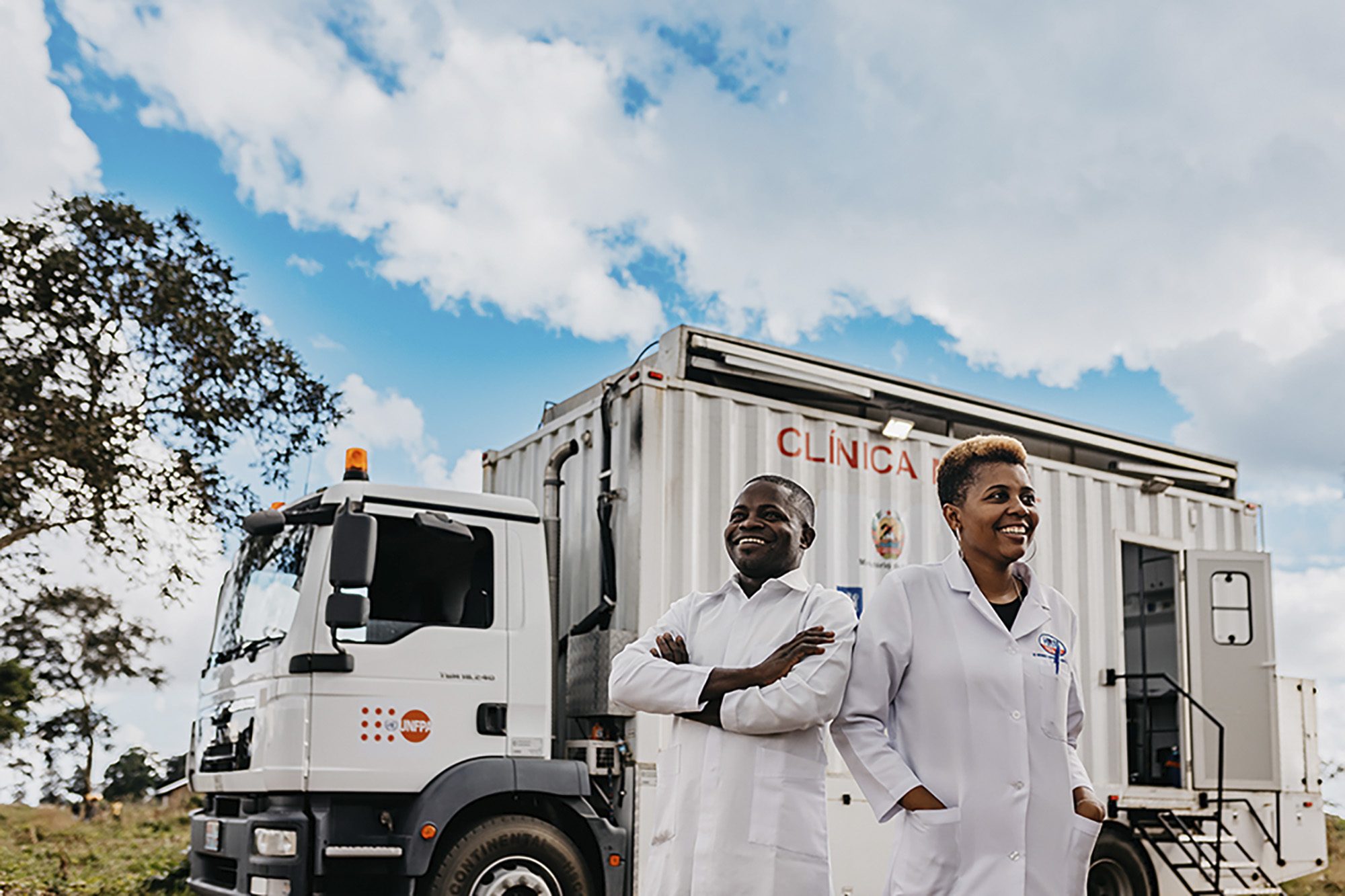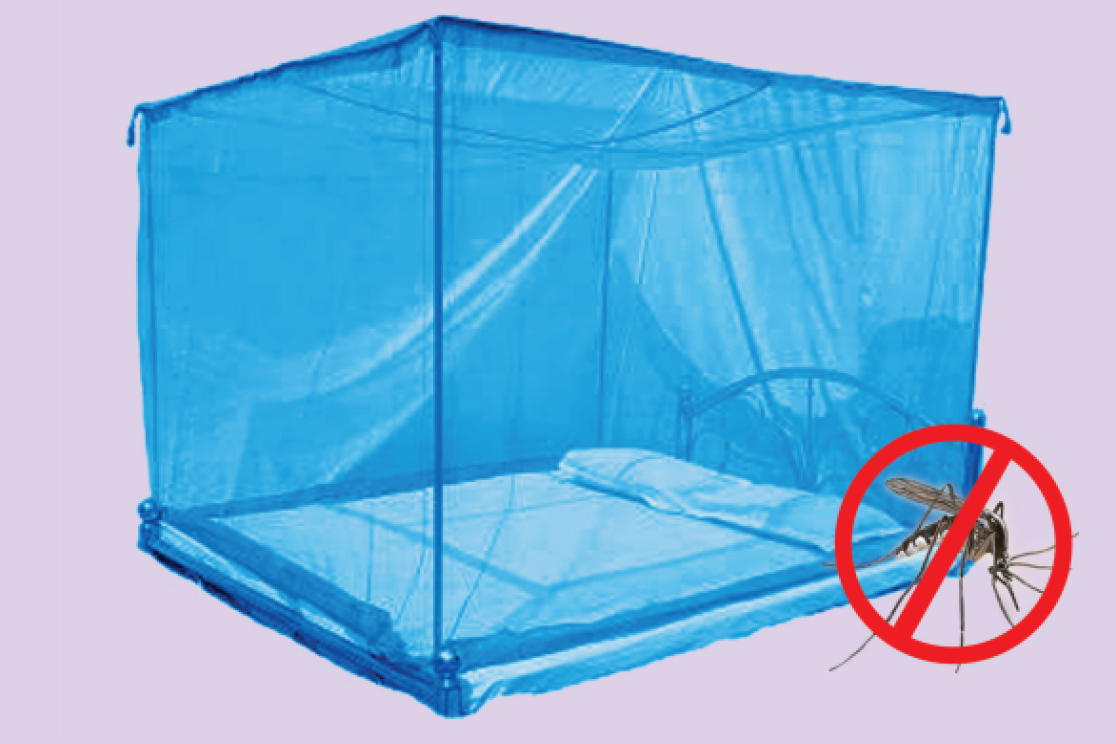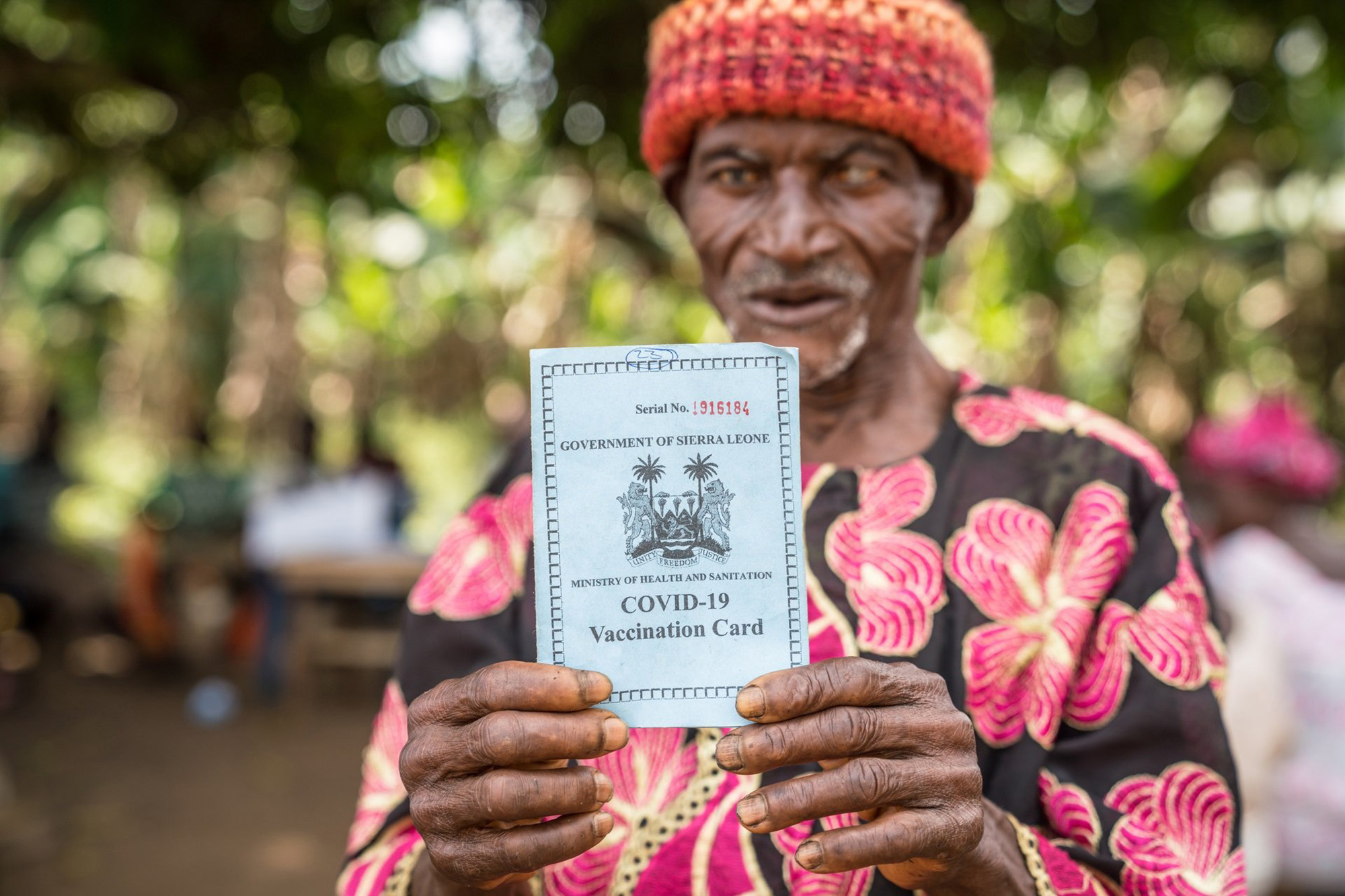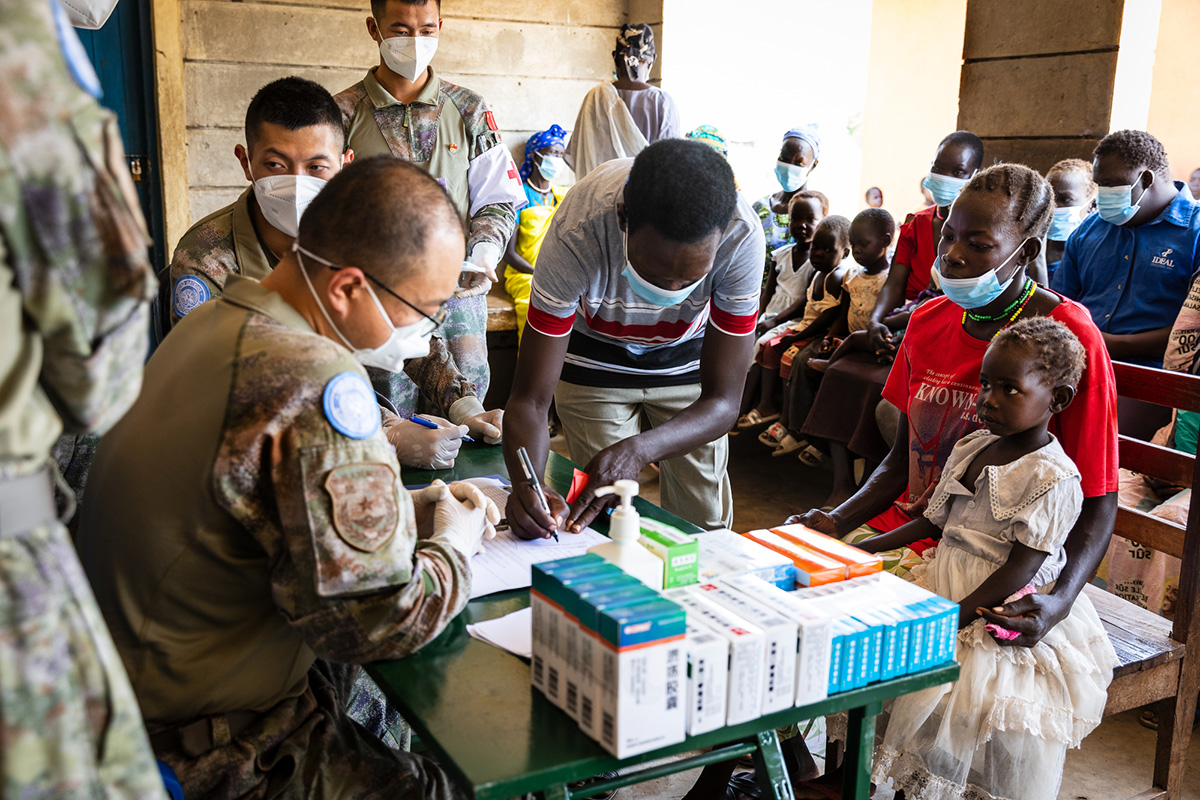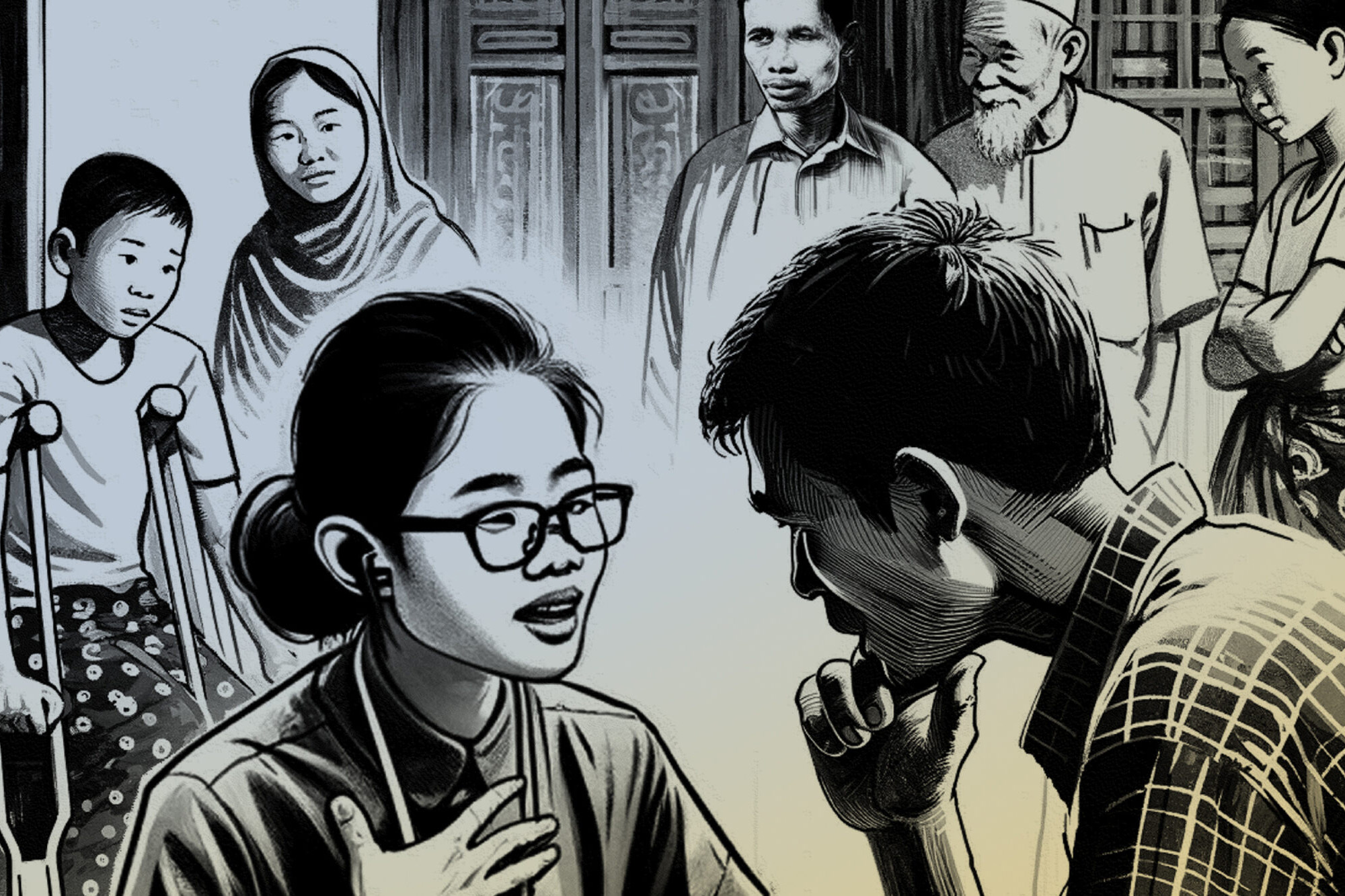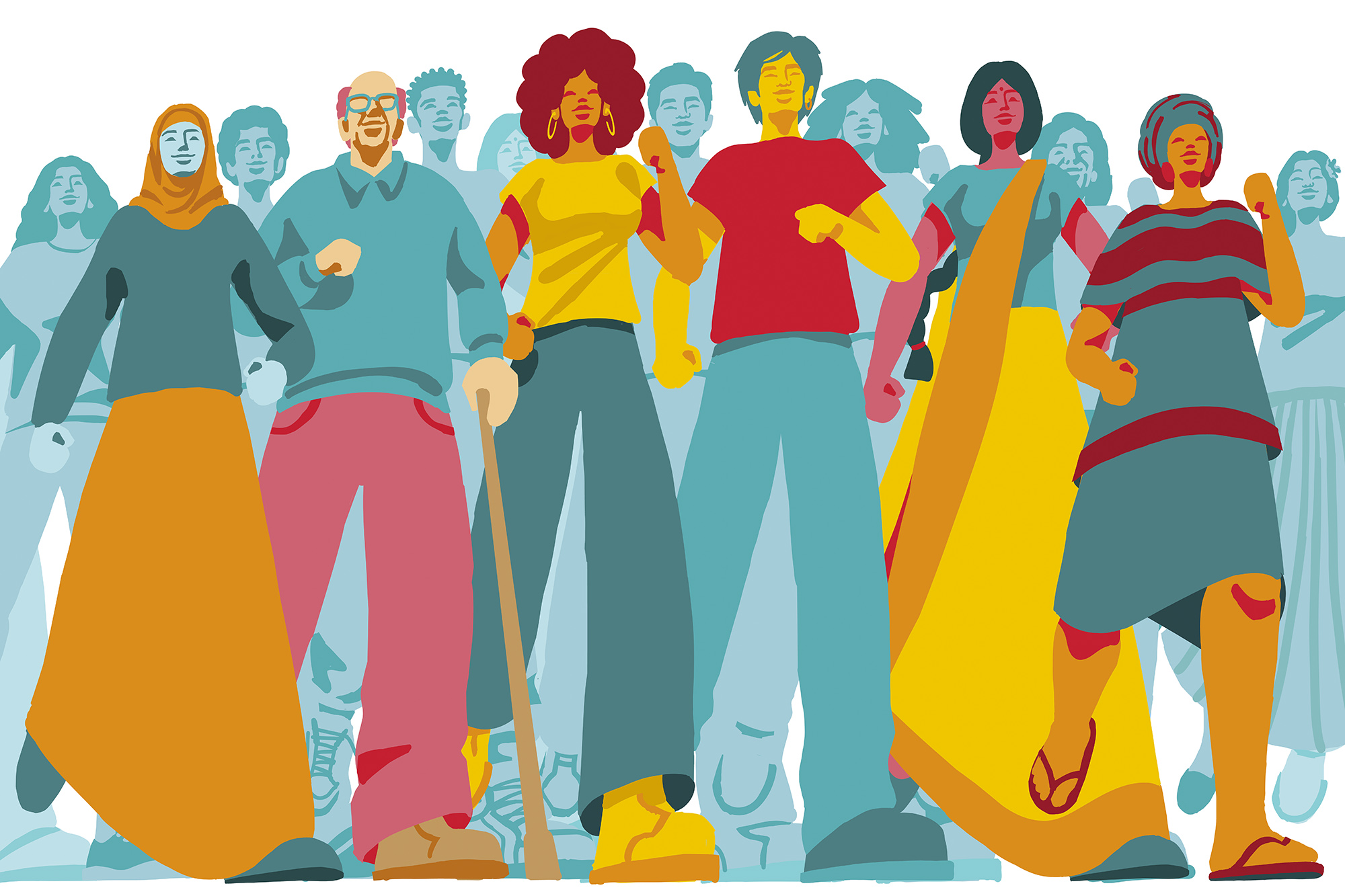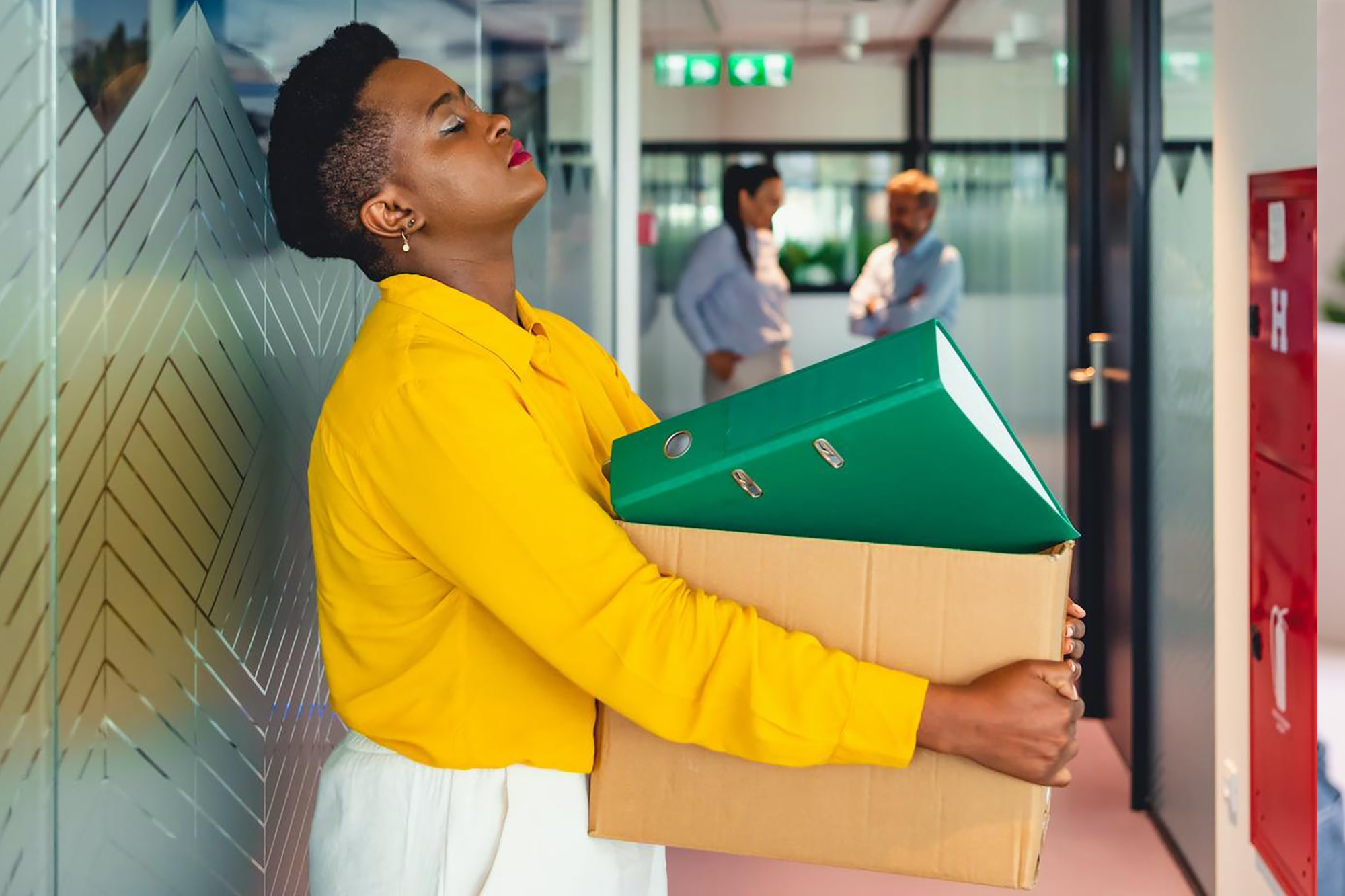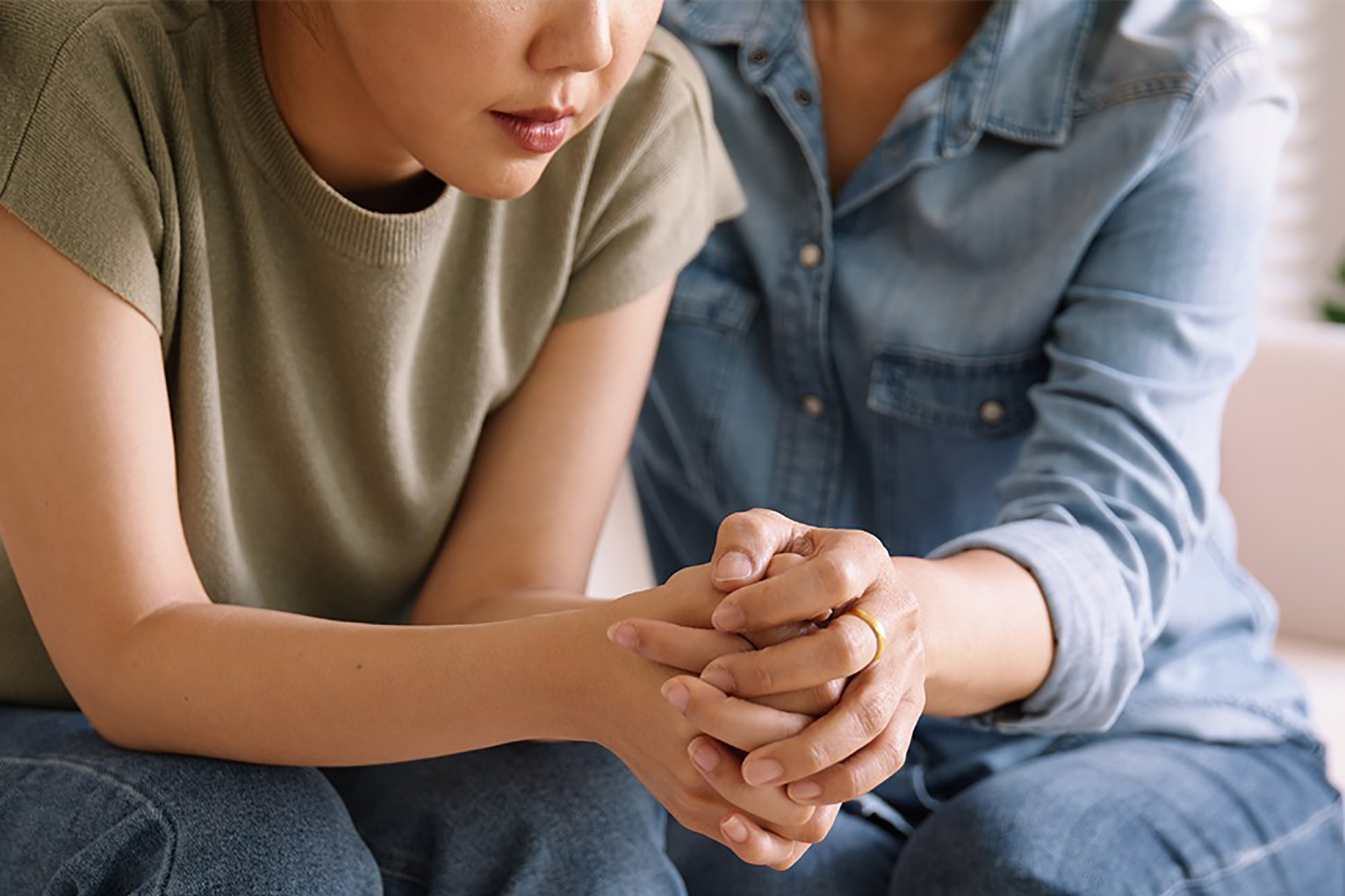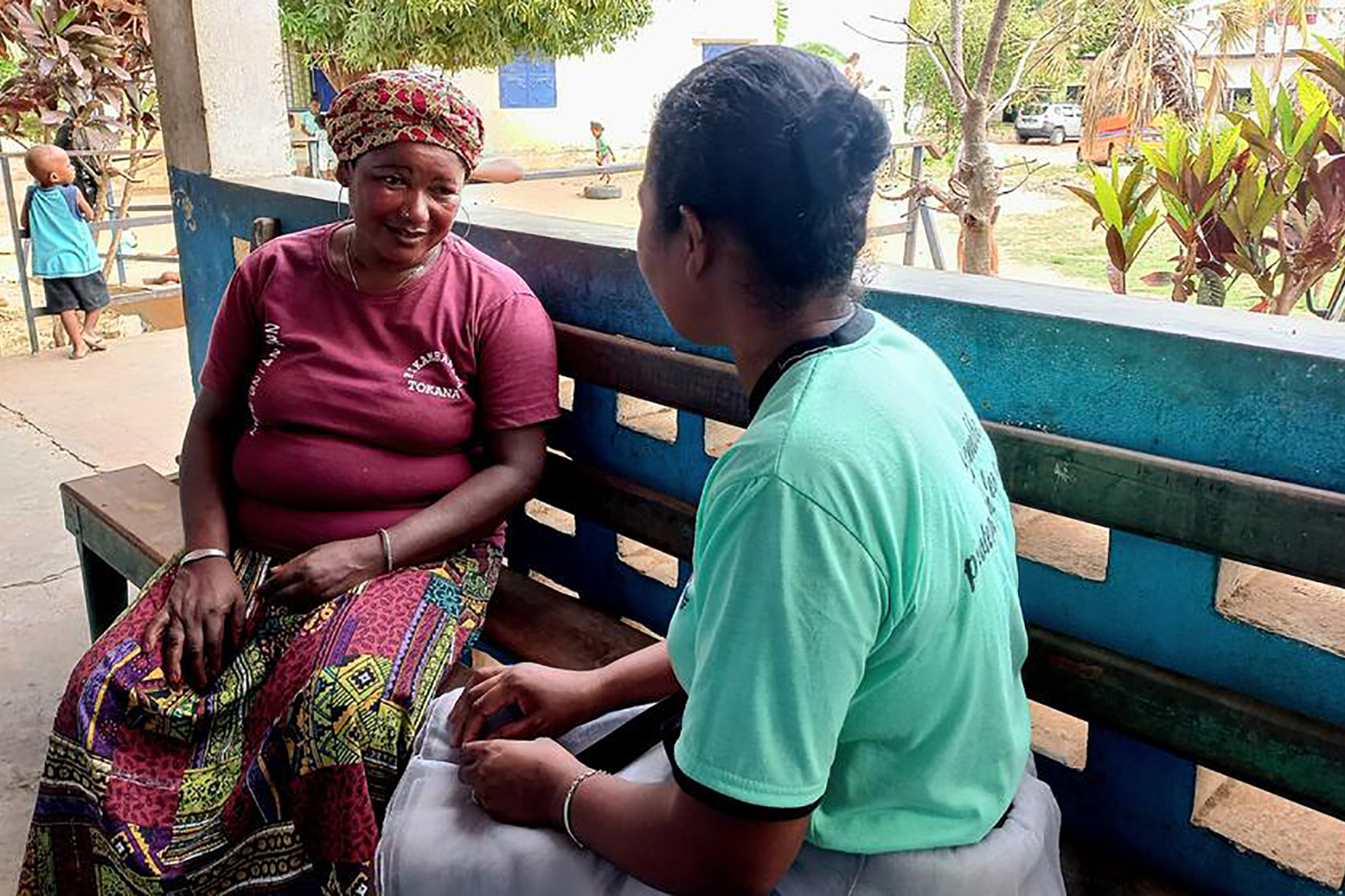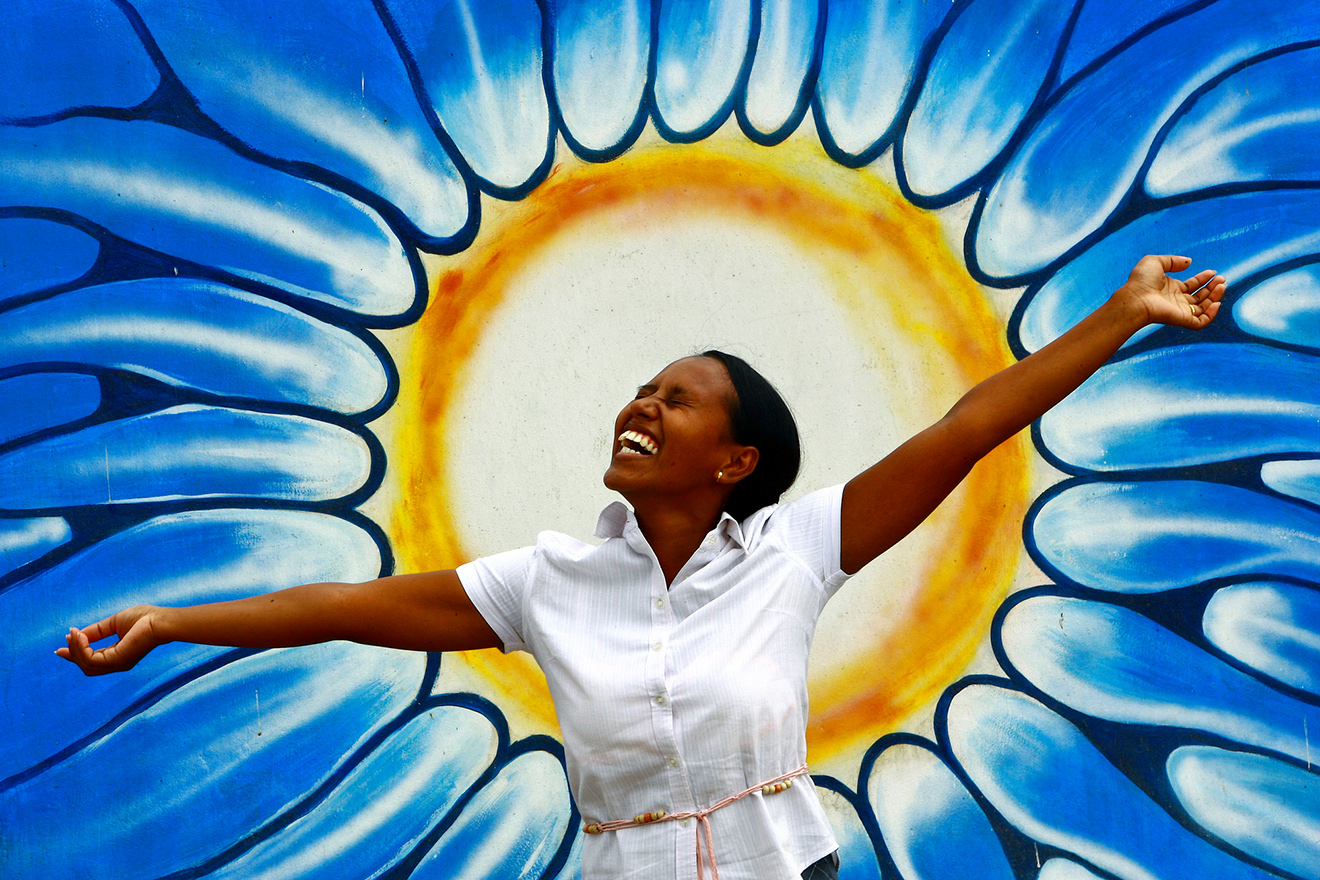Dr. Zuria Alberto is the leader of a mobile health team that operates in Cabo Delgado, the northernmost province of Mozambique. In this region, there are approximately 850,000 people who are displaced and living in difficult conditions due to climate crises and poverty. The mobile health workers travel by land or sea to reach women and girls living in rural and island areas of the province who may not have access to healthcare otherwise. The mobile team, supported by the United Nations Population Fund (UNFPA), provides a comprehensive range of sexual and reproductive health services. This helps to reduce the risk of unwanted pregnancies, maternal mortality, and gender-based violence.
The 1962 book "Silent Spring" highlighted the devastating effects of DDT, the world's first modern synthetic insecticide, leading to increased awareness and eventual international restrictions on its use through the Stockholm Convention on Persistent Organic Pollutants in 2004.
Despite multiple health crises, there were many reasons for hope in 2023. The World Health Organization notes that it was a record year for disease elimination, with several countries eliminating infectious diseases thanks to dedicated national efforts and collaboration between countries and health partners. At the same time, 72% of people worldwide had received at least one dose of the COVID-19 vaccine, preventing severe illness and hospitalizations for millions of people. The year began with WHO responding to a major earthquake in Türkiye and Syria and ended with the horrific war in Gaza. In between, the world faced many other crises and conflicts, as well as the continuing threat of disease outbreaks and climate change.
January is Cervical Cancer Awareness Month. It is a perfect opportunity for WHO and partners to raise awareness about cervical cancer. Almost all cervical cancer cases (99%) are linked to infection with high-risk human papillomaviruses (HPV), an extremely common virus transmitted through sexual contact. Cervical cancer is the fourth most common cancer in women. It is one of the most successfully treatable forms of cancer, as long as it is detected early and managed effectively. HPV vaccination, screening for, and treating precancerous lesions will prevent most cervical cancer cases.
Although COVID-19 is no longer the international public health emergency it once was, it is still circulating, and its devastating effects are still with us. Major infectious diseases and epidemics have disastrous impacts on human lives, wreaking havoc on long-term social and economic development. When the next pandemic arrives, the world must do better. On this International Day of Epidemic Preparedness (27 December), let’s act on the lessons of COVID-19, to prepare, and build a fairer, healthier world for all.
Today, half of the world’s population does not have access to essential health services. Out-of-pocket health expenses leave an estimated 2 billion people facing financial hardship, including 344 million people living in extreme poverty. It is time to get progress towards health for all back on track. On 12 December, International Universal Health Coverage Day, join us to demand action on universal health coverage and call on leaders to invest in health systems and primary healthcare for all that leave no one behind. Our lives, livelihoods and futures depend on it.
Young people in Myanmar face challenges in accessing sexual and reproductive health and rights services (SRHR), worsened by the political crisis. The struggle is even harder for people with disabilities due to social misconceptions and stigma, social exclusion and a lack of awareness and understanding regarding these groups of people. The Access to Health Fund is supporting the Myanmar Medical Association in narrowing the SRHR knowledge gap for individuals with disabilities. This initiative brings in organizations that include and work with people who have disabilities – creating a safe space for people to express their unique needs and concerns.
The World Health Organization (WHO) and the global health community are urging negotiators to prioritize the impact of climate change on health in the upcoming COP28 negotiations. Climate change is already affecting our health and contributing to the spread of infectious diseases. Extreme weather events will also strain healthcare infrastructure. Urgent mitigation measures, including transitioning to clean energy sources, are necessary to protect human health and create sustainable outcomes. To reduce the negative impact on health, the health community stresses the importance of reducing and stopping emissions. According to WHO, 7 million premature deaths annually are attributed to air pollution.
The world can end AIDS, with communities leading the way. They connect people with person-centered public health services, build trust, innovate, monitor policies and services, and hold providers accountable. This World AIDS Day (1 December) is more than a celebration of community achievements; it is a call to action to enable and support communities in their leadership roles. In the report Let Communities Lead, UNAIDS reveals that the world can end AIDS as a public health threat by 2030, but only if communities are fully included and are sufficiently funded to lead the way.
One in five employees will experience mental illness during their lifetime. Listen to ILO´s “The Future of Work” podcast to discover the four steps that employers can take to minimize workplace mental health stress.
Good mental health is vital to our overall health and well-being. Yet one in eight people globally is living with mental health conditions, which can impact their physical health, their well-being, how they connect with others and their livelihoods. Mental health conditions are also affecting an increasing number of adolescents and young people.
On World Mental Health Day, UNFPA Regional Champion Shudufhadzo Musida raises awareness about mental health and speaks up for women and girls, who don’t feel seen, heard, or understood.
Only one third of countries have committed to upholding the sexual and reproductive health and rights of women and girls in their national climate plans.
World Mental Health Day 2023 is an opportunity for people and communities to unite behind the theme "Mental health is a universal human right," to improve knowledge, raise awareness and drive actions that promote and protect everyone’s mental health as a universal human right. WHO continues to work with its partners to ensure mental health is valued, promoted, and protected, and that urgent action is taken, so that everyone can access the quality mental health care they need. Join the World Mental Health Day 2023 campaign to learn more about your basic right to mental health.
Bolivia conducted twelve workshops to identify the lessons learned from COVID-19 and develop a pandemic preparedness plan for influenza and other respiratory viruses (ORVs). The WHO exercise was performed with a board game to strengthen the deployment of pandemic products.

